Automated Assembly Systems
Articles about high-speed, multistation automated assembly systems.
ARTICLES
Automated Assembly Systems
Navigating the Future of Test and Assembly: The Imperative for Automation Intelligence
Assembly and test systems must have the ability to gather and analyze significant amounts of data at each step of the manufacturing process.
April 10, 2024
Alternative Energy
Battery Manufacturer Picks Systems Integrator for Factory Expansion
April 1, 2024
Assembly Plants of the Year: Looking Back, Moving Forward
Update Report: 2013 Assembly Plant of the Year — Northrop Grumman Corp.
March 19, 2024
EVENTS
Featured Event Industry
5/1/24 to 5/2/24
Music City Center
201 Rep. John Lewis Way S
Nashville, TN
United States
The ASSEMBLY Show South
Get our new eMagazine delivered to your inbox every month.
Stay in the know on the latest assembly trends.
SUBSCRIBE TODAY!Copyright ©2024. All Rights Reserved BNP Media.
Design, CMS, Hosting & Web Development :: ePublishing
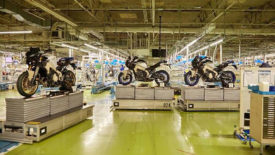

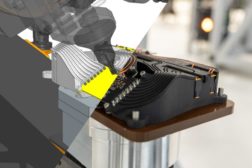
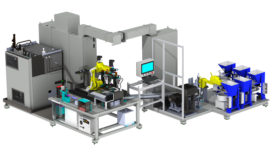
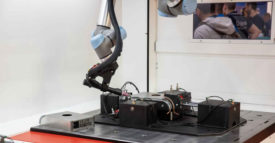
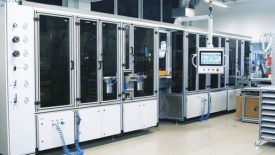


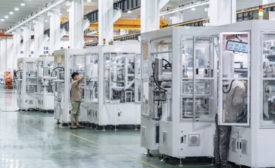
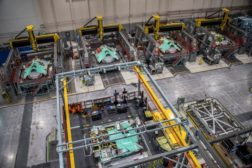
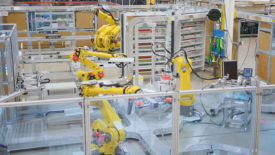
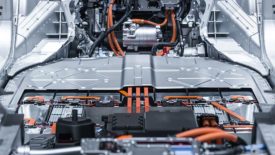
 ASSEMBLY is thrilled to return to the Music City Center in Nashville, TN for The ASSEMBLY Show SOUTH on May 1-2, 2024. This is a booming time for manufacturing and the U.S. South is right in the heart of the action. According to ASSEMBLY’s most recent annual capital spending survey, the South is projected to account for 31 percent of total spending this year, marking the fifth straight year this region has accounted for at least 30 percent of capital spending in the U.S.
ASSEMBLY is thrilled to return to the Music City Center in Nashville, TN for The ASSEMBLY Show SOUTH on May 1-2, 2024. This is a booming time for manufacturing and the U.S. South is right in the heart of the action. According to ASSEMBLY’s most recent annual capital spending survey, the South is projected to account for 31 percent of total spending this year, marking the fifth straight year this region has accounted for at least 30 percent of capital spending in the U.S.